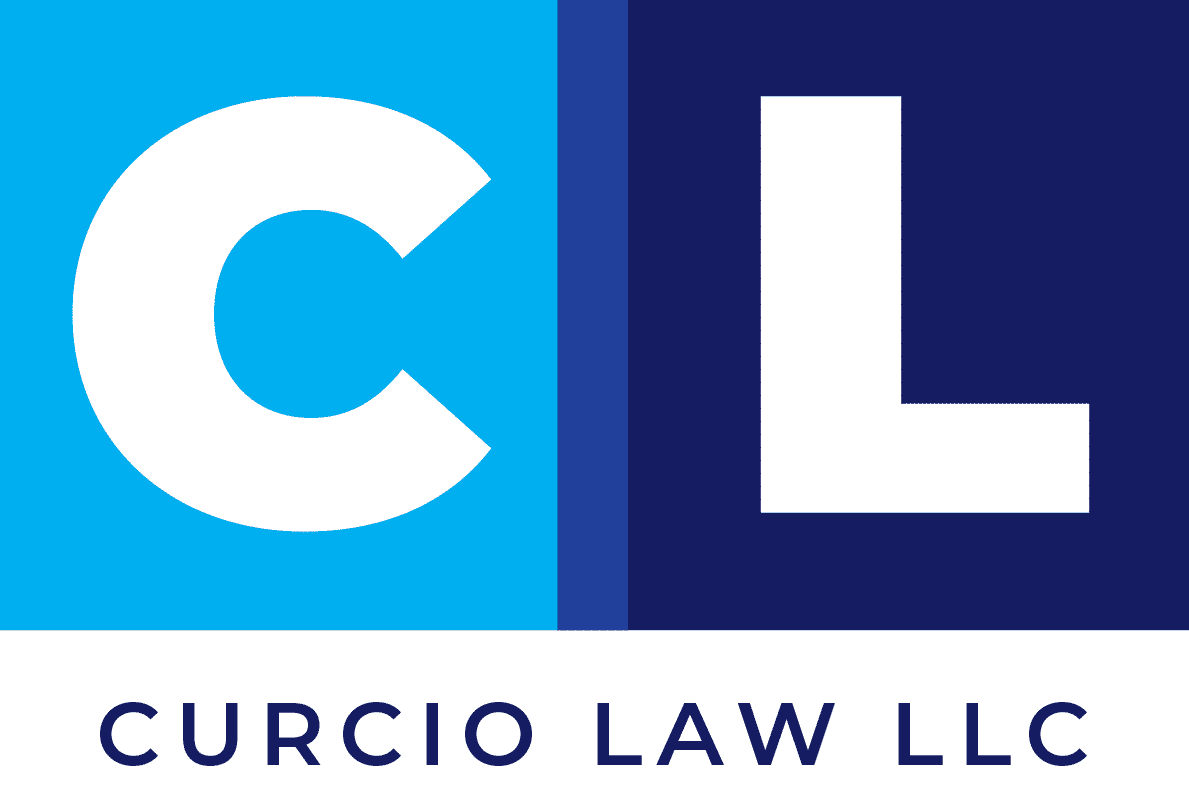Wage & Compensation Issues
New Jersey Wage and Compensation Issues
Individuals who are not paid what they are entitled to need legal representation. Indeed, wage and compensation issues are very complicated. As such, it is important for individuals to have trusted legal counsel to advise them on wage and compensation issues.
What Qualifies as a Compensation Issue?
A compensation issue refers to a problem or disagreement regarding the amount of pay, benefits, or other forms of financial remuneration that an employee receives for their work. Some common examples of compensation issues include:
- Disagreements over the amount of base salary or hourly wage
- Differences of opinion regarding bonuses, commission, or profit-sharing plans
- Concerns about the value of benefits, such as health insurance, paid time off, or retirement plans
- Issues with the fairness or consistency of raises or promotions
- Complaints about the calculation of overtime pay or other forms of premium pay
Types of Wage and Compensation Issues
Compensation issues can arise due to a variety of factors, including misunderstandings about company policies, miscalculations, or a belief that the compensation being received is not commensurate with the work being performed. If an employee feels that they are not being fairly compensated, they may raise the issue with their employer or file a complaint with a government agency.
Equal Pay
The New Jersey Equal Pay Act (NJ EPA) addresses wage discrimination based on gender. The law prohibits employers from paying unequal wages to employees of the opposite sex for substantially similar work unless the wage differential is based on seniority, merit, quantity or quality of production, or any other factor other than sex.
The NJ EPA requires that employers provide equal pay for equal work, regardless of the job title or position held by the employees. The law applies to all employers, regardless of size, and covers all employees, including part-time, full-time, temporary, and seasonal employees.
The NJ EPA provides employees with a private right of action to sue their employers for wage discrimination. If an employee prevails in a wage discrimination claim under the NJ EPA, they may be entitled to recover lost wages, liquidated damages, and attorney’s fees.
Pay Transparency
Pay transparency refers to the requirement for employers to provide information about their compensation practices and policies to employees and job applicants. The NJ EPA contains provisions related to pay transparency.
As mentioned above, under the NJ EPA, employers are required to provide equal pay for equal work, regardless of the job title or position held by the employees. The law requires employers to make available to employees, upon request, information about the wages and benefits of other employees who perform substantially similar work. This information must be provided in a timely manner, and employers are prohibited from retaliating against employees who request or use the information.
Pay transparency promotes fairness and helps to prevent wage discrimination by allowing employees to compare their pay and benefits to those of their coworkers who perform similar work. By providing employees with access to this information, the NJ EPA helps to create a level playing field and ensures that all employees are fairly compensated for their work.
Important Wage Laws
Important wage laws in the State of New Jersey include the following:
The New Jersey Wage and Hour Law
The New Jersey Wage and Hour law is a set of laws and regulations that govern the minimum wage, overtime pay, meal and rest breaks, pay statement requirements, record keeping, and other important aspects of the employment relationship in the State of New Jersey. The main purpose of the law is to ensure that employees receive fair and adequate compensation for the work they perform and to provide them with basic protections and benefits in the workplace.
The New Jersey Wage Payment Law
The New Jersey Wage Payment Law is a state law that governs the payment of wages to employees in New Jersey. The law sets forth specific requirements for when, how, and in what form employees must be paid, as well as establishing certain protections for employees who are not paid as required by law.
The New Jersey Wage Theft Act
The New Jersey Wage Theft Act is a state law that was enacted in 2019 to address the problem of wage theft. The law provides stronger enforcement tools for the state and stronger protections for employees who are not paid their lawful wages. Some key provisions of the New Jersey Wage Theft Act include:
- Increased Penalties: The law increases penalties for wage theft and makes it easier for employees to recover stolen wages.
- Joint Liability: The law establishes joint liability for wage theft for both the direct employer and any other entity that benefits from the work performed.
- Whistleblower Protections: The law provides protections for employees who report wage theft and retaliation against them is prohibited.
- Record-Keeping Requirements: Employers are required to keep accurate records of hours worked, rates of pay, and other pertinent information for a period of at least six years.
- Right to Sue: The law gives employees the right to sue their employer for wage theft and provides for treble damages, meaning an employee can recover three times the amount of the stolen wages.
How an Employment We With Wage & Compensation Issues
The New Jersey employment attorneys at Curcio Law are here to assist individuals who are not receiving wages to which they are entitled. Our attorneys can play an important role in helping with wage and compensation issues by providing legal advice, representation, and guidance to employees.
Consult a New Jersey Employment Attorney
The Curcio Law employment attorneys are trusted counselors who help their clients navigate through complex wage and compensation issues. If you are in need of assistance from an Employment Attorney with wage and compensation issues, please contact Curcio Law


















Contact Curcio Law
Disclaimer: The use of the internet or this form for communication with the firm or any individual member of the firm does not establish an attorney-client relationship. Confidential or time-sensitive information should not be sent through this form.
